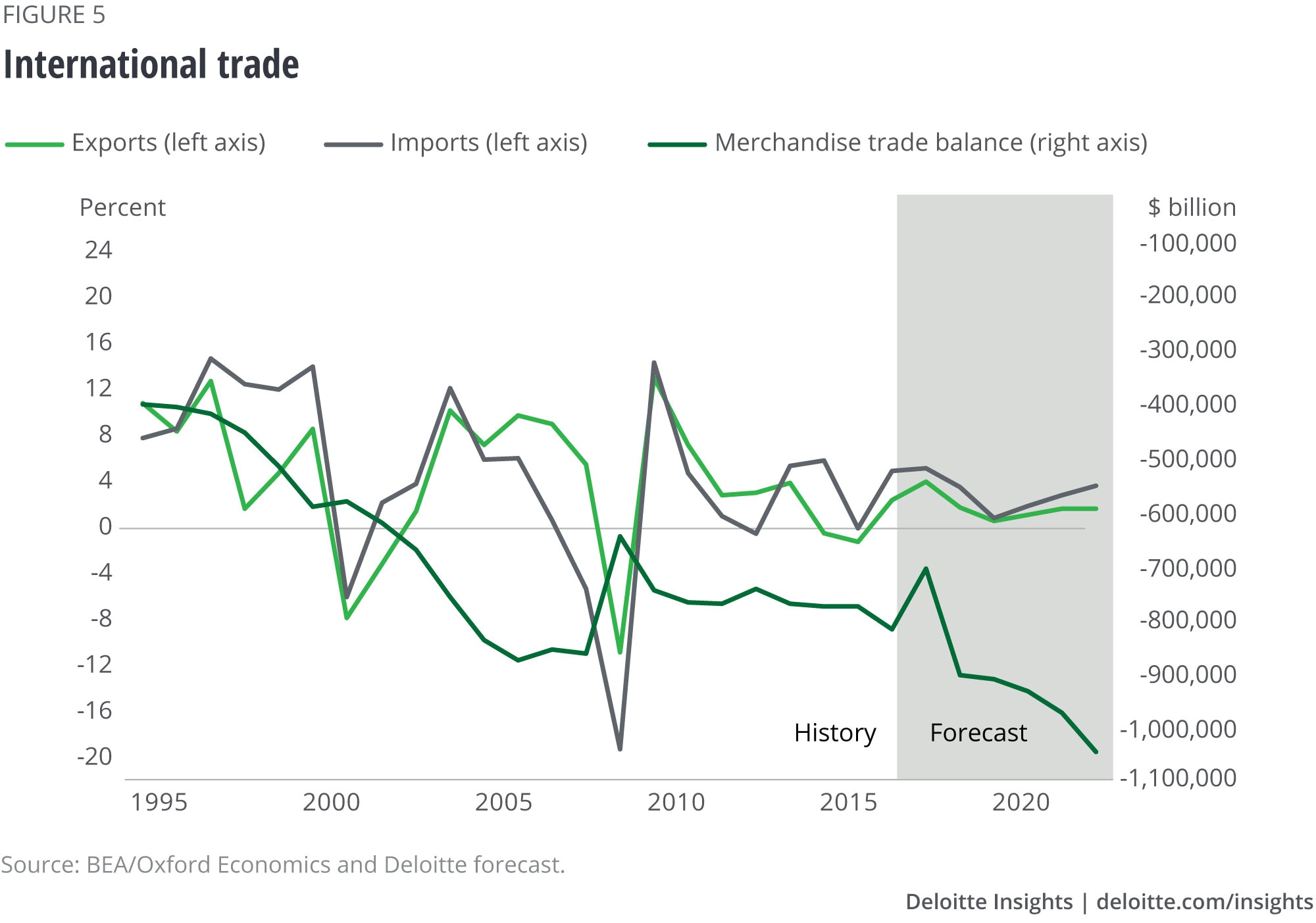Alberta's Oil Industry And The Anti-Trump Divide In Canada

Table of Contents
The Trump Administration's Energy Policies and their Impact on Alberta
The Trump administration's energy policies profoundly impacted Alberta's oil industry, creating both opportunities and significant challenges. This impact manifested in several key areas:
Keystone XL Pipeline: A Symbol of the Divide
The Keystone XL pipeline, proposed to transport oil from Alberta's oil sands to refineries in the US, became a potent symbol of the Canada-US energy divide. While the Trump administration initially approved the project, it faced staunch opposition in Canada, particularly in British Columbia and from environmental groups.
- Environmental Concerns: Opponents highlighted the pipeline's potential environmental impact, including risks of oil spills and contributions to greenhouse gas emissions.
- Economic Benefits for Alberta: Supporters emphasized the pipeline's potential to create jobs, boost Alberta's economy, and increase access to US markets.
- Job Creation: The project promised thousands of construction and operational jobs, a significant draw for Alberta's economy.
- Political Fallout in Canada: The pipeline's approval and subsequent cancellation fueled political tensions between the federal and provincial governments, further dividing public opinion.
The ultimate cancellation of Keystone XL under the Biden administration demonstrated the fragility of energy projects caught in the crosshairs of US-Canada relations and fluctuating political landscapes. This underscores the vulnerability of Alberta's oil sands to changing US energy policies.
Tariffs and Trade Disputes
The Trump administration's imposition of tariffs on various goods, including steel and aluminum, significantly affected the Canadian energy sector. Alberta's oil exports to the US faced challenges due to these tariffs and resulting trade disputes.
- Impact on Oil Prices: The trade tensions led to uncertainty in oil markets, impacting prices and making it harder for Alberta producers to compete.
- Market Access Challenges: Tariffs and trade restrictions limited access to key US markets for Alberta's oil, impacting export volumes and revenues.
- Retaliatory Tariffs from Canada: Canada responded with its own retaliatory tariffs, further escalating trade tensions and negatively affecting both economies.
Shifting Global Energy Markets and the Trump Administration's Influence
The Trump administration's emphasis on fossil fuels contrasted sharply with the global shift towards renewable energy. This discrepancy impacted Alberta's oil industry's long-term prospects.
- Increased Competition from Renewable Energy Sources: The growing global adoption of renewable energy sources like solar and wind power increased competition for Alberta's oil, putting downward pressure on prices.
- Investor Confidence: Uncertainty surrounding the future of fossil fuels, coupled with trade disputes, eroded investor confidence in Alberta's oil sands projects.
- Role of Climate Change Discussions: The Trump administration's withdrawal from the Paris Agreement on climate change further exacerbated concerns about the long-term viability of Alberta's oil industry in a global context increasingly focused on climate action.
The Anti-Trump Sentiment in Canada and its Effect on Alberta's Oil Industry
The strong anti-Trump sentiment prevalent in Canada during his presidency had a notable impact on perceptions of Alberta's oil industry.
Political Polarization and Public Opinion
Anti-Trump sentiment in Canada was often intertwined with concerns about climate change and environmental protection. This linkage impacted public perception of Alberta's oil sands and its environmental footprint.
- Public Protests: Numerous protests and demonstrations across Canada expressed opposition to the Trump administration's policies and, by extension, to Alberta's oil industry.
- Media Coverage: Media coverage frequently linked Alberta's oil sands to the Trump administration's policies, often highlighting environmental concerns.
- Political Debates: The issue became a focal point in Canadian political debates, with opposition parties often criticizing the government's approach to balancing economic growth with environmental concerns.
- Role of Environmental Activism: Environmental groups played a significant role in shaping public opinion, emphasizing the environmental impact of Alberta's oil sands and linking it to the Trump administration's pro-fossil fuel stance.
Impact on Investment and Economic Development
The negative perception of Alberta's oil industry, partially fueled by anti-Trump sentiment, negatively impacted investment.
- Investor Hesitation: Foreign and domestic investors hesitated to commit capital to Alberta's oil sands projects, concerned about environmental regulations and long-term market viability.
- Reduced Funding for Projects: The uncertainty surrounding future US-Canada relations and the global shift towards renewable energy led to a reduction in funding for new oil sands projects.
- Impact on Economic Growth in Alberta: The decrease in investment and export revenue significantly hampered economic growth in Alberta, creating job losses and economic hardship.
Conclusion: Understanding the Intertwined Fates of Alberta's Oil Industry and US-Canada Relations
The Trump administration's energy policies and the resulting anti-Trump sentiment in Canada significantly impacted Alberta's oil industry. The Keystone XL pipeline debate, trade disputes, and the global shift towards renewable energy created a perfect storm, impacting investment, export markets, and the overall economic outlook for the province. Understanding Alberta's oil industry requires considering the complex interplay between international relations, domestic politics, and the evolving global energy landscape. To navigate the challenges facing Alberta's oil industry, continued discussion and informed debate regarding its future, including its relationship with the US, are crucial. The future of Alberta's oil sands depends on addressing these complex issues effectively.

Featured Posts
-
 Us Economic Growth To Slow Considerably Deloitte Forecast
Apr 27, 2025
Us Economic Growth To Slow Considerably Deloitte Forecast
Apr 27, 2025 -
 Charleston Open Pegulas Dramatic Win Against Collins
Apr 27, 2025
Charleston Open Pegulas Dramatic Win Against Collins
Apr 27, 2025 -
 Belinda Bencic Campeona Nueve Meses Despues Del Parto
Apr 27, 2025
Belinda Bencic Campeona Nueve Meses Despues Del Parto
Apr 27, 2025 -
 The Dax Index A Deep Dive Into Political And Economic Influences
Apr 27, 2025
The Dax Index A Deep Dive Into Political And Economic Influences
Apr 27, 2025 -
 Detour Exploring Nosferatu The Vampyre With Now Toronto
Apr 27, 2025
Detour Exploring Nosferatu The Vampyre With Now Toronto
Apr 27, 2025
